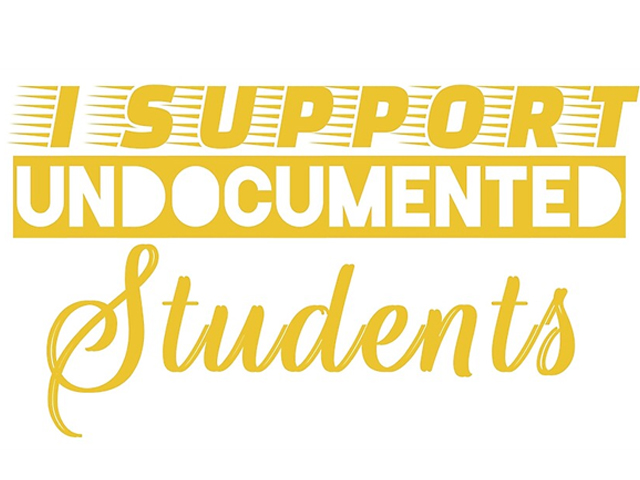
1) I have recently graduated from high school and wish to attend college. How will my being an undocumented student influence my chances or prevent me from furthering my education?
Your status, in general terms, won’t stop you from enrolling in classes or being admitted to a vocational or college program. However, being considered an undocumented student can limit your financial aid options and this can impact your overall tuition costs.
2) I have lived in the United States since I was a young child, however, I am an undocumented student. Are there any financial aid options available to help me afford college?
Unfortunately, undocumented students are not eligible for federal financial aid including Federal Work-Study, Federal Direct Student Loans, or Direct Loans or Federal Pell Grants. You may qualify for financial aid from alternative sources including private organizations and your college.
3) My parents are undocumented, but I was born in the United States. Will the status of my parents influence my federal financial aid eligibility?
All American citizens are eligible to obtain federal financial aid. It does not matter what your parents’ status is. Although, their status will stop them from borrowing a parent PLUS Loan to help cover college funds. Contact your college’s financial aid office to get additional information about how this scenario affects your federal student aid eligibility.
4) I have lived in the United States since my family moved here when I was young, however, I am an undocumented student. After graduating from high school in the near future, I would like to attend a public college in my state. Will I qualify for in-state tuition?
The short answer is yes. Numerous states have adopted legislation to allow undocumented students who meet specific qualifications to qualify for in-state tuition at all or some of the postsecondary locations in their state.
The states which have university systems that provide in-state tuition or that have enacted the aforementioned legislation include Maine, Colorado, Delaware, Arkansas, Illinois, Florida, New Jersey, the District of Columbia, Oklahoma, California, Minnesota, Hawaii, Nebraska, Ohio, Rhode Island, Kentucky, Maryland, Utah, Texas, Michigan, New York, New Mexico, Connecticut, Washington, Oregan and Utah.
5) Is there anything specific I need to do for eligibility if I reside in a state that enables undocumented students to pay in-state tuition?
There are specific criteria for undocumented students to obtain in-state tuition in particular states. This includes attending a state high school for 2 to four years, earning a GED or General Education Diploma in the state, filing an affidavit showing intent to become a permanent resident and legalize status and enrolling in a public postsecondary school in the state. Ensure you meet your states’ particular criteria by checking directly with the school you wish to attend.
6) What kind of financial aid is available for an undocumented student from the college I am planning on attending?
Financial aid offered to undocumented students from postsecondary schools and colleges drastically varies between locations. Grants, work programs, institutional scholarships and loans may be included in different financial aid options. There is a merit component that commonly comes with institutional scholarships. Specifically, contact your proposed colleges’ financial aid office to determine the specific details.
7) Is it possible to use my scholarship funds to pay for items beyond tuition?
Scholarships are commonly used to pay for a variety of educational expenses such as room and board, supplies and books, tuition fees, computer costs and additional personal expenses such as transportation. Double-check with the organization that offered you a scholarship regarding restrictions pertaining to how the monies may be distributed.
8) If my undocumented status is discussed in the financial aid office or with a counselor at my school, are they required to report me to ICE or the U.S. Citizenship and Immigration Services?
Financial aid counselors do not need to report undocumented students to USCIS or ICE. Note that under FERPA, a school district or an institution may disclose education record information without your consent regarding certain entities such a complying with a court order or to a State education office.
9) Can I fill out the FAFSA or Free Application for Federal Student Aid if I have been approved for Deferred Action?
Unless you have a SSN or Social Security Number, you are unable to complete the FAFSA as a noncitizen. Students are allowed to stay in the country with Deferred Action, however, it doesn’t make these students federal student aid eligible even if they have a SSN.











